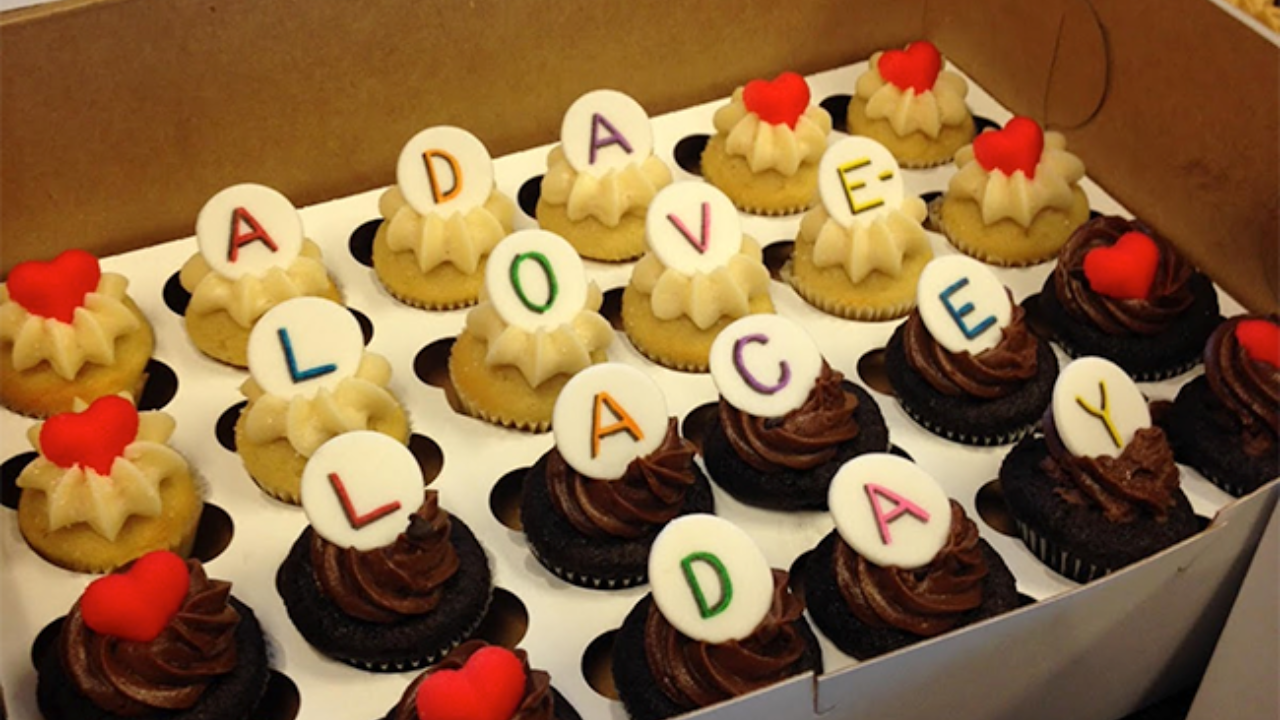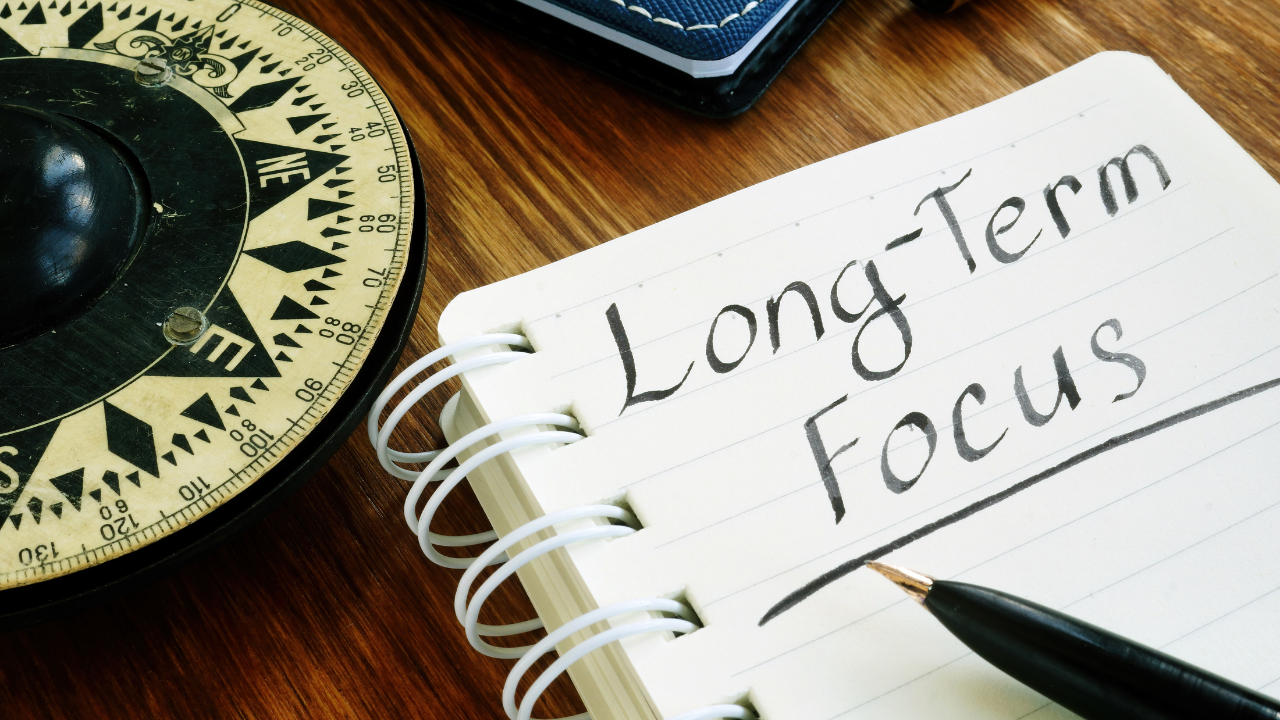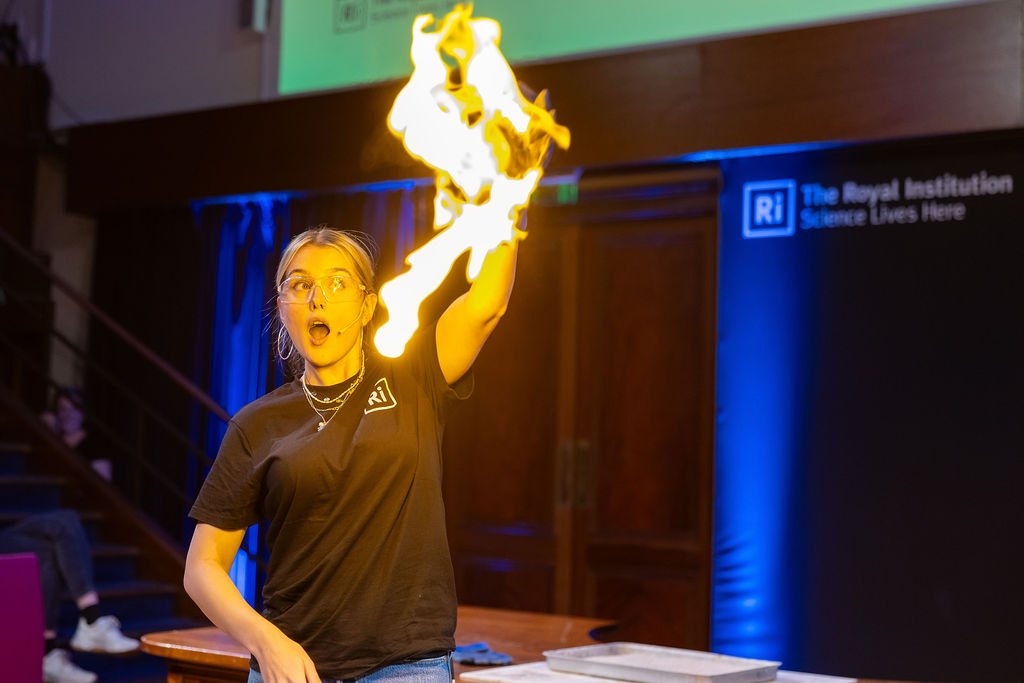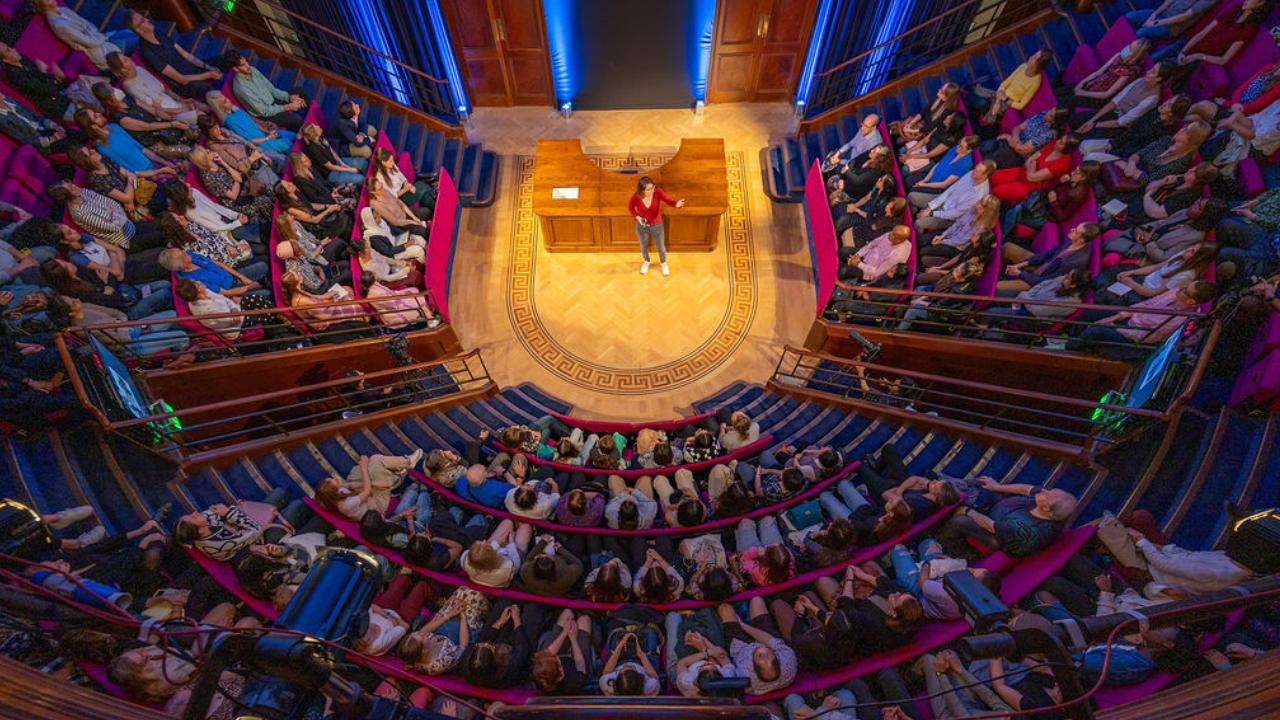
Ada Lovelace Day is an annual celebration of women in science, technology, engineering and maths which will be held this year on Tuesday 8 October. Our flagship event, Ada Lovelace Day Live, will once again be hosted by The Royal Institution in London, where seven women will talk about their work or research in front of a packed crowd.
If you’re not able to make it to London, you can still take part by watching our livestream. Indeed, why not organise a watch party? Tickets are available now, with standard tickets at £11.02 and concessions at £5.82. If you want to book a group larger than 10 people we have some significant discounts:
- 11-100: 15% off
- 101-500: 50% off
- 501-1000: 70% off
- Over 1001: 80% off
Email us now to arrange your tickets.
Here’s our handy guide to help you get started.
What’s a watch party?
According to the Cambridge Dictionary, a watch party is “an occasion when people watch a broadcast event together” or “an occasion when people in different places watch a television show, video, etc. at the same time and discuss it using the internet”.
Watch parties are a great way to celebrate Ada Lovelace Day and to feel a connection to everyone else who has gathered, in person at the Ri or at their own events around the world, to enjoy the show.
Prof Pen Holland, who organised a watch party at the University of York described it as “a fantastic opportunity to enjoy and celebrate Ada Lovelace Day live from your home or office, with your people, and a great way to make cool science and brilliant women in STEM accessible to everyone, everywhere, all at once.”
Tia Lush, creative director and trustee at STEM Wana Trust in Tauranga, New Zealand, organised a breakfast event, and said:
“When you live in a tiny country at the bottom of the world, it can be hard to feel connected to all the marvellous events taking place across the world, often in different time zones.
“By bringing a group of women together to mark Ada Lovelace Day and celebrate the amazing achievements of women, while watching the livestream from London, we were able to feel connected to a global movement.
“It was so successful that STEM Wana Trust has added this breakfast watch party to celebrate Ada Lovelace Day, to our annual event calendar and we will be encouraging our friends and partners on this side of the world to do the same.”
Organising an in-person watch party
All you need for an in-person watch party is a room with a screen or projector, an internet-connected computer to access the live stream, speakers for sound, and somewhere for people to sit.
Our performance usually starts at about 19:30 GMT, so how you structure your event will depend on where in the world you are. In Europe, the event will start a bit later, in the Americas it will be mid-morning to mid-afternoon, or breakfast in Hawai’i. In Australia and New Zealand, it will be an early breakfast on the Wednesday.
Key things to consider:
-
How many people can your room hold?
-
Do you want to provide food and/or drinks, or can people bring their own?
-
Do you want to invite a speaker to talk before or after the livestream (which is about 1.5 – 2 hours long)?
-
How will you let your community know about your event?
You could even organise a networking session as well, so that attendees can get to know one another.
Organising an online watch party
In 2023, tech company Docker, Inc organised an online watch party for their entire staff. As a fully distributed company, it wasn’t feasible to organise an in-person party, so they bought and distributed tickets for every employee so that they could watch from home.
Online watch parties are, in many ways, much easier to organise. You just provide your staff or community with tickets and use an online chat space for people to talk as the event unfolds. For some that might be a channel in the work Slack, or it could be a specific WhatsApp group or Facebook chat. Any tool that allows people to talk in real time will work.
Ticketing
Livestream tickets are available to buy now, and we are offering discounts for organisers who’d like to buy in bulk and follow Docker’s lead. Get in touch with numbers and we’ll arrange your tickets for you.
For public-facing events where you aren’t sure about how many tickets you will need, you have two choices: Either gather numbers ahead of the event and then buy the appropriate number of tickets, or you can ask attendees to buy their own tickets and check them at the door.
If you’re organising a watch party for any educational institution, or work with an underserved community, or live in a low-income country, then just pay what you can – if that’s one ticket per group, that’s fine. Carers can get free tickets by emailing the Ri.
Equally, if you can pay a little bit more, there’s an option to include a donation which will go a long way towards ensuring that the Ri can continue to support girls and women in STEM.
Let us know what you’re doing
Every year, people around the world organise lots of different types of events for Ada Lovelace Day. Whatever you put on, don’t forget to let us know by adding it to our map so that we can share your events with our community.
Need more help and advice?
Take a look at our Indie Event Organisers Pack, which includes flyer and poster blanks with our logo on, and our Indie Event roundel that you are free to use.
Save the date
Don’t forget to put Tuesday 8 October (or Wednesday 9 October for those in the Antipodes) in your calendar now, and start thinking about your plans.
See you in October!



